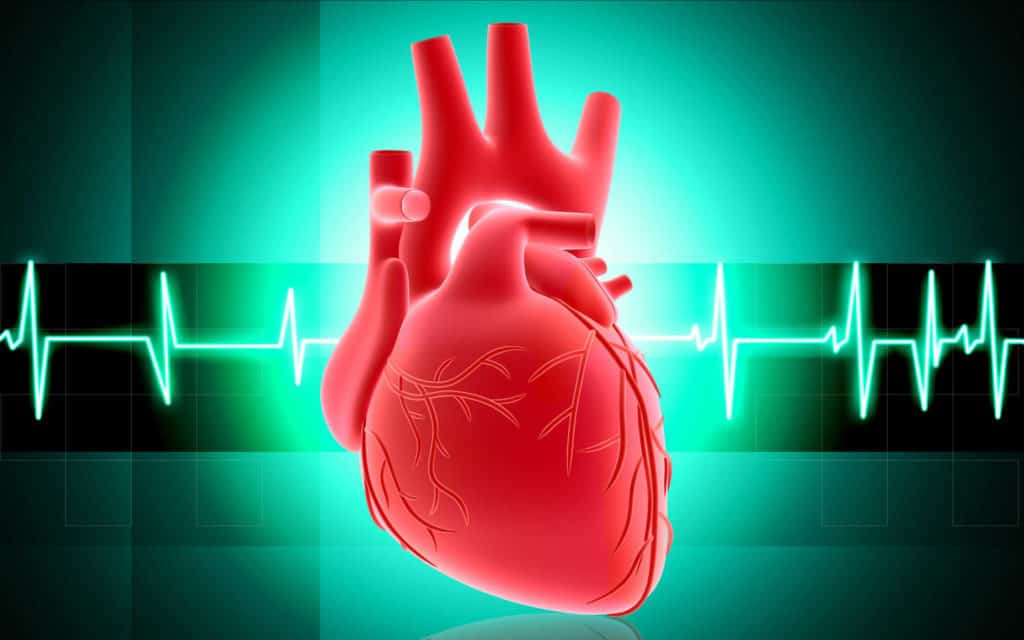Contents:
- Medical Video: The 4 Tests of Heart Health
- The types of blood tests performed to assess heart health
- 1. Cholesterol test
- 2. C-reactive protein (CRP) test
- 3. Lipoprotein test (a)
- 4. Brain natriuretic peptides (BNP) test
Medical Video: The 4 Tests of Heart Health
Heart disease is still the main cause of death in Indonesia. Yes, more and more people are experiencing various heart diseases, such as heart attacks to heart failure. To determine the condition of your heart health, there are several blood tests that must be done. What are the blood tests? When to do the blood test? Find out the answer below.
The types of blood tests performed to assess heart health
Blood is one part of the body that is usually used to examine various bodily functions, including heart health. A study has proven that there are several types of blood tests that can help detect heart disease from the start.
The study published in the Journal of the American Association revealed that blood tests can detect symptoms even from 15 years before a diagnosis is determined. Although indeed, these findings still have to be studied further, but blood tests are a basic test that must be done to determine heart health.
So, what types of blood tests are usually done to check a person's heart health?
1. Cholesterol test
Maybe you have often heard of this type of blood test. Yes, cholesterol tests do aim to see the amount of cholesterol in your body. Cholesterol levels are a sign of heart failure or not. There are three types of cholesterol tests that will be carried out, namely:
Total cholesterol
This test looks at the total cholesterol levels in the body. The higher the number, the higher your risk of heart disease. If you are healthy, cholesterol must be below 200 mg / dL.
Low-density lipoprotein (LDL)
Usually, this type of cholesterol is called bad cholesterol, because it can cause blocked blood vessels if there are too many in the body. Normally, bad cholesterol must be less than 130 mg / dL.
High-density lipoprotein (HDL)
In contrast, HDL is called good cholesterol because it has a way of working in contrast to LDL. HDL helps keep blood vessels from clogging due to LDL. Therefore, the best HDL level that must be possessed is more than 40 mg / dL (for men) and more than 50 mg / dl (for women).
2. C-reactive protein (CRP) test
CRP is a type of protein produced by the liver (liver) when there is inflammation or injury in the body. So, if the blood test results show that the CRP number is high, then this could be due to one part of the body's organ being injured, not just the heart.
Therefore, usually this test will only be done when someone has felt the initial symptoms of heart disease. CRP levels above 2.0 mg can be suspected that you have a heart function disorder.
3. Lipoprotein test (a)
Lipoprotein (a) or Lp (a) is one type of bad cholesterol (LDL). The level of Lp (a) in the body actually depends on the genetic you carry, environmental factors do not really affect it.
So, when indeed the level of Lp (a) is high, you could say you risk having a genetic health problem due to genetics. Usually, this examination is recommended for people who have family members who have had heart disease.
4. Brain natriuretic peptides (BNP) test
BNP is also a type of protein produced by the heart and blood vessels. This protein is responsible for regulating blood flow and making blood vessels more relaxed. Well, when there is indeed a heart health disorder, the heart will release more BNP into the blood vessels.
Usually, this test detects the presence of heart failure or other heart disease. For those of you who have had a heart attack, then this examination will be recommended to be done regularly.













